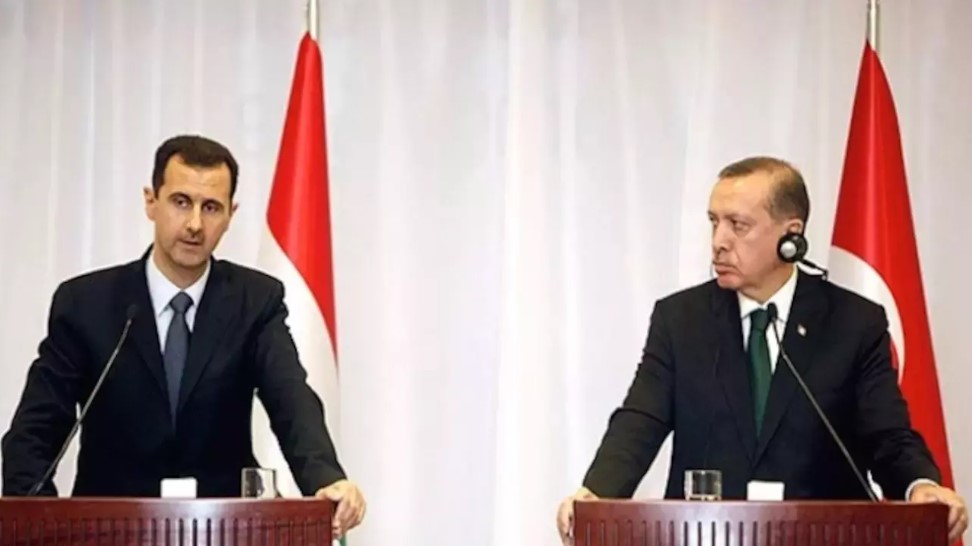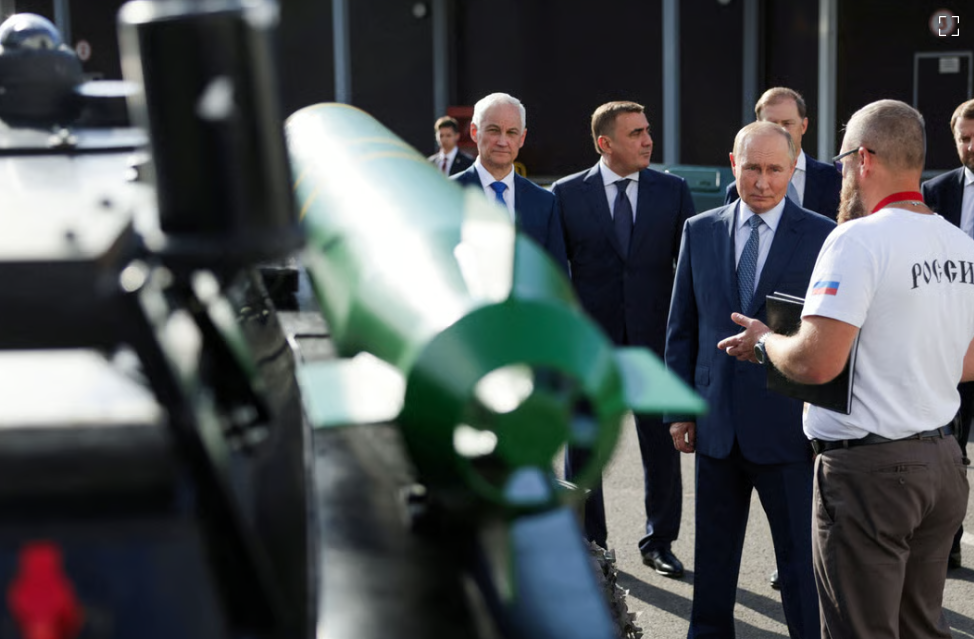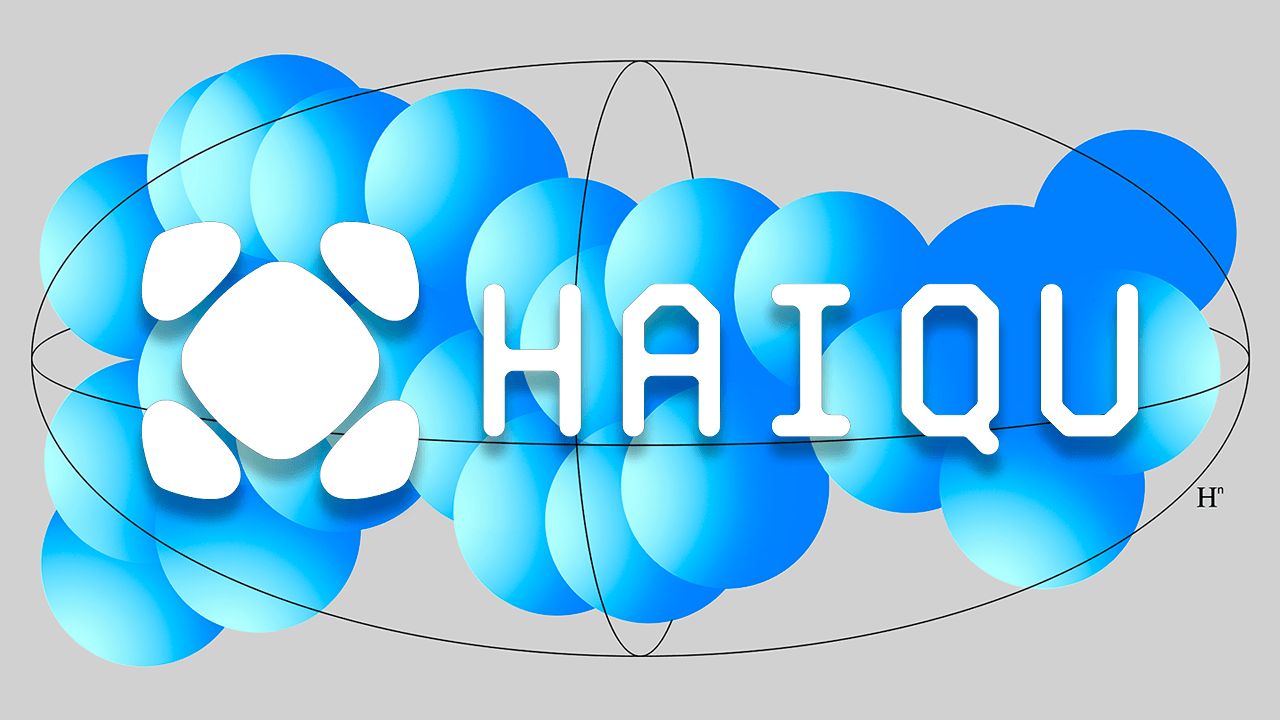Tensions between Moscow and Tehran are escalating over the Syrian conflict, potentially leading to Iran being excluded from the upcoming meeting between Turkish President Recep Tayyip Erdoğan and Syrian leader Bashar al-Assad, reports DS. Sources suggest that the first meeting between Erdoğan and Assad may be held in Moscow, with Russian President Vladimir Putin acting as a mediator, and possibly Iraqi Prime Minister Mohammed Shia al-Sudani also attending. Iran might not be invited to this meeting, which is tentatively scheduled for August.
Turkish Foreign Ministry declined to comment, referring inquiries to the presidential administration. Erdoğan has previously severed diplomatic ties with Damascus, labeling Assad as a "murderer," while Assad has delayed improving relations until Turkish troops are withdrawn from Syrian territory. Previous attempts to normalize relations failed due to Syria's demands for a complete Turkish withdrawal and Ankara's insistence on eliminating terrorist groups.
Factors such as Assad's return to the international stage, his re-admittance to the Arab League, upcoming US elections, and internal unrest in Turkey have shifted the dynamics, paving the way for dialogue. The discussions will focus on trade, reflecting the ongoing negotiations through Abu-Zindan.
The planned Moscow meeting could strengthen President Putin's position, who has heavily invested in the Syrian conflict since 2015. Excluding Iran could highlight the growing discord and competition between Moscow and Tehran in Syria and its post-war future.
Both Russia and Iran have historically deep ties to Syria, which were further solidified with the onset of the civil war. Iran has supported Assad’s regime with its troops and the Islamic Revolutionary Guard Corps (IRGC), while Russia’s military presence, including airbases and naval facilities, aims to restore its influence in the Middle East.
Despite Iran’s critical role in supporting Assad, Russia has been cautious of Iran’s expanding influence in Syria and its implications for the future. Disagreements over command, military operations, and Iran’s bases, as well as Iran's approach to negotiations and its stance on Israel, contribute to ongoing tensions. Moscow does not want Syria to become a battleground between Iran and Israel, which has already struck Iranian positions and Hezbollah targets in Syria.
Iran’s strategy focuses on limiting US and Israeli presence in the region and strengthening its own proxies, while Russia aims to bolster the Syrian army and institutions to gain a key ally in the Middle East.





















